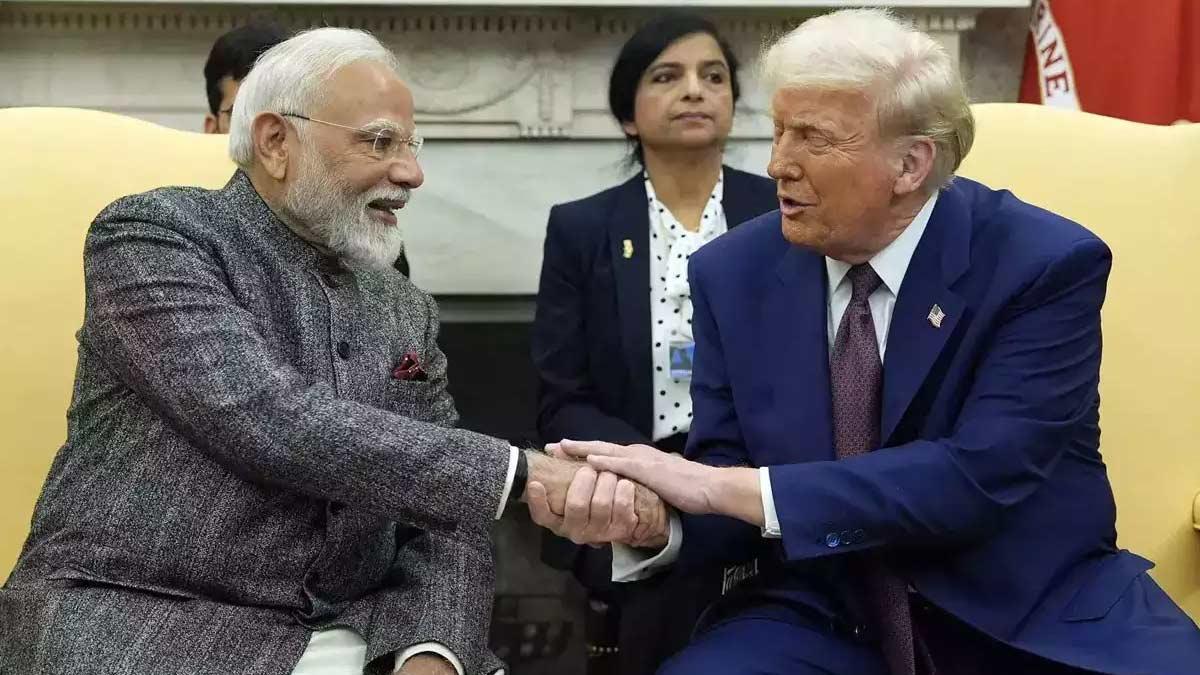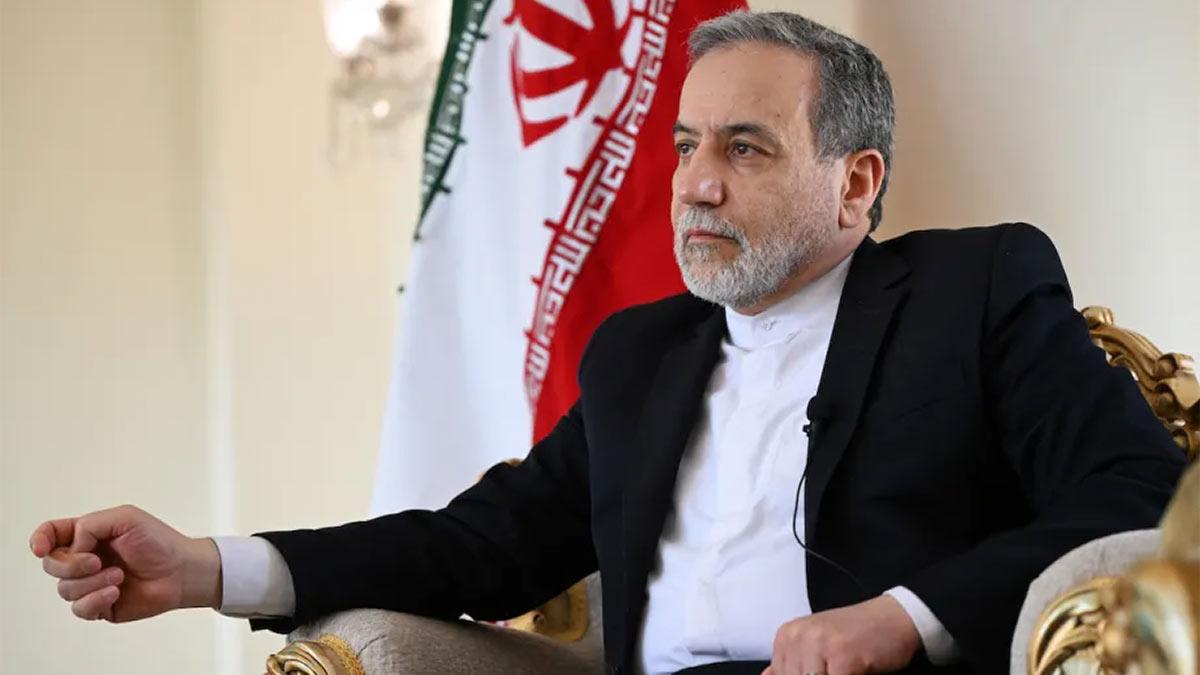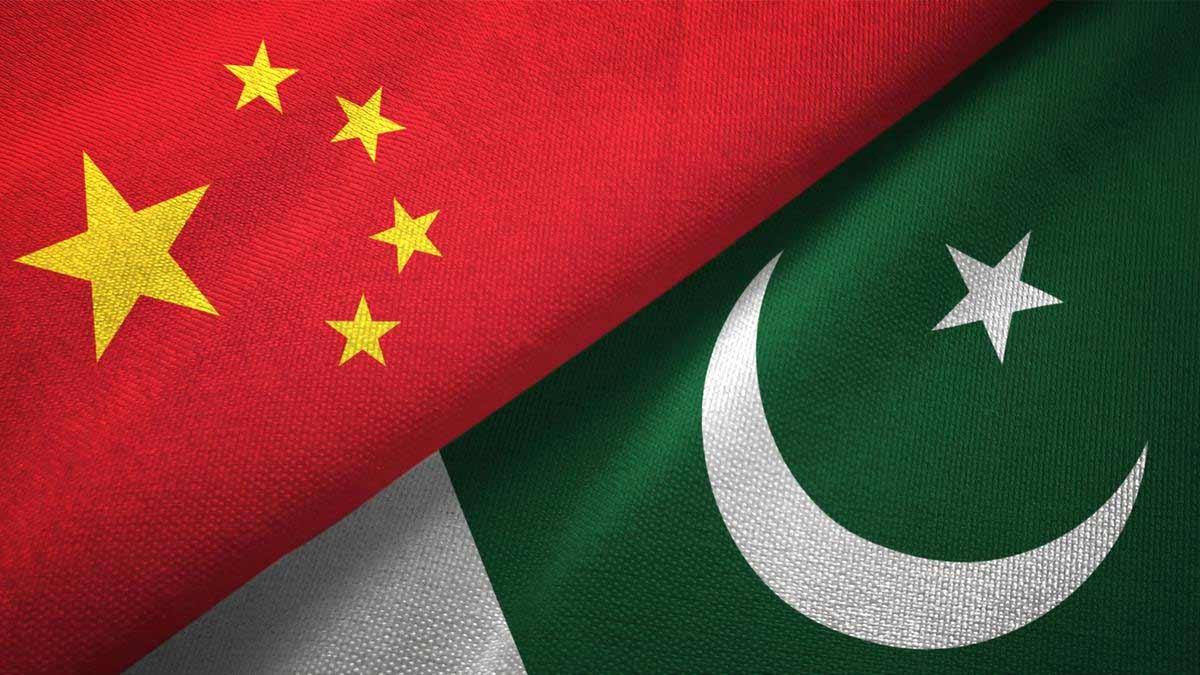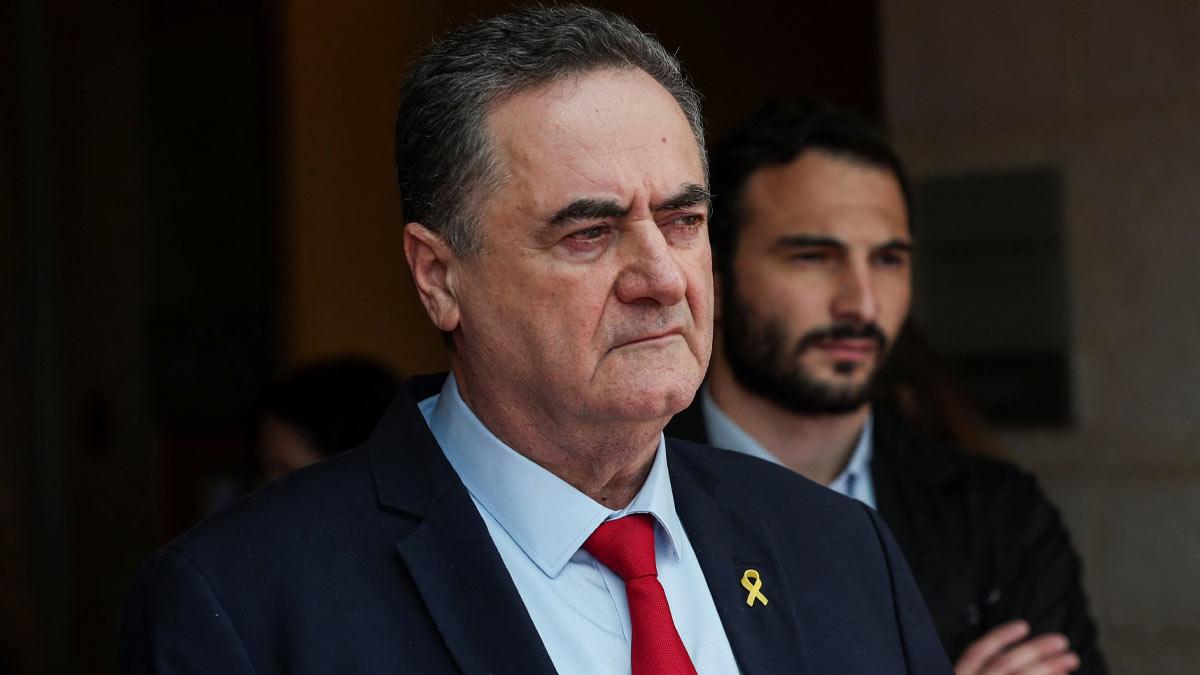India and the US have declared their intentions to finish the first stage of a landmark trade agreement within the end of the current year, with the vision of hitting USD 500 billion in annual trade by the year 2030.
This comes after President Donald Trump stated categorically that the US would not hesitate to put reciprocal tariffs on India.
President Trump hosted Prime Minister Narendra Modi on Thursday (Friday India time) at the White House for extended talks on a wide array of topics, and one of the principal issues at stake was tariffs. The summit came after a statement by President Trump on his new policy of retaliatory tariffs on all American trade partners, including India.
As a measure towards further fortification of bilateral relations, Trump and Modi unveiled the 'US-India COMPACT' (Catalysing Opportunities for Military Partnership, Accelerated Commerce and Technology for the 21st Century). This new framework would help in pursuing major advancement across several cooperation fields.
Trump disclosed at a joint press conference with Modi that the two leaders had reached an agreement aimed at growing India's import of US oil and gas in order to contribute to narrowing the US trade deficit. Trump further condemned India's import tariffs on some US items as "unfair" and "strong."
Trade between the two nations had risen to about USD 130 billion during the last year, and India had a trade deficit of about USD 45 billion. The Prime Minister said, "Today, we fixed a target to more than double our bilateral trade to USD 500 billion by 2030. Our teams will work towards a mutually beneficial trade agreement in the near future."
He also stressed the endeavor to consolidate the oil and gas commerce to make India more secure from an energy perspective, in addition to greater investment in the energy infrastructure. Both leaders were firm on their commitment to address trade obstacles, and deliberations centered on market access as well as the challenges by overcapacities in some areas, which impact consumption in both India and the US.
The two leaders are determined to enhance the US-India trade relationship, aiming for growth that ensures fairness, national security, and job creation. A bold new objective, "Mission 500," was introduced, which targets doubling the bilateral trade to USD 500 billion by 2030.
The leaders recognized that realizing such lofty objectives would be accomplished through new, more equitable trade agreements. They committed to opening negotiations on the first part of a multi-sector Bilateral Trade Agreement (BTA) by fall 2025. Senior officials will be tasked with ensuring that the agreement supports the vision of the COMPACT and creates a strong trade relationship.
The two nations are pledged to pursue an integrated policy to move forward with the BTA, emphasizing development of trade in goods and services, ease of market access, elimination of tariff and non-tariff barriers, and supply chain integration. The US appreciated India's recent efforts to lower tariffs on US items such as motorcycles, ICT goods, and metals, as well as agricultural products like duck meat and medical devices. India also welcomed US actions that have ensured rising exports of Indian pomegranates and mangoes.
Both parties agreed to place greater emphasis on driving bilateral trade by encouraging US exports of manufactured industrial goods to India and Indian exports of labor-intensive manufactured goods to the US. They also committed to cooperating to promote trade in agricultural products.
Modi and Trump also pledged to promote investment opportunities for firms in both nations, with a focus on greenfield investments in high-value sectors.
The leaders recognized existing Indian investments, including Hindalco's Novelis in Alabama and Kentucky, JSW's steel business in Texas and Ohio, and Epsilon Advanced Materials in North Carolina. These investments generate more than 3,000 high-quality jobs for local communities.
Read also| PM Modi and President Trump Urge Pakistan to Hold 26/11 Attack Perpetrators Accountable
Read also| India to Repatriate Illegal Migrants and Intensify Crackdown on Traffickers, Says PM Modi


















